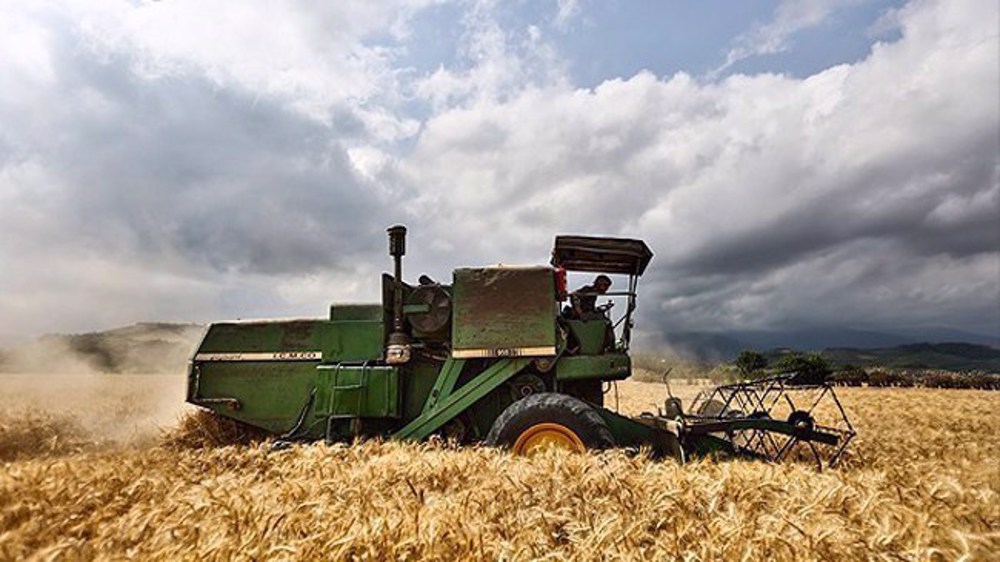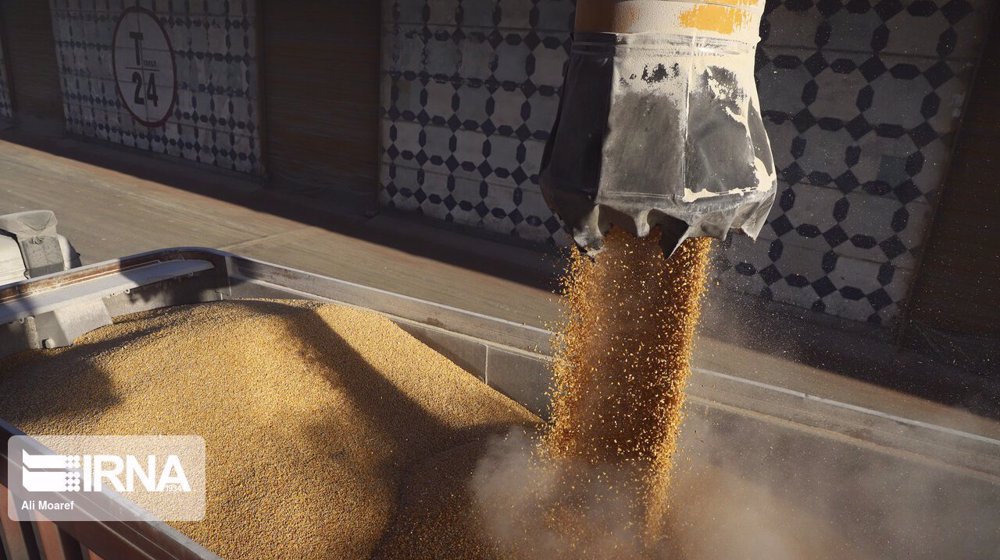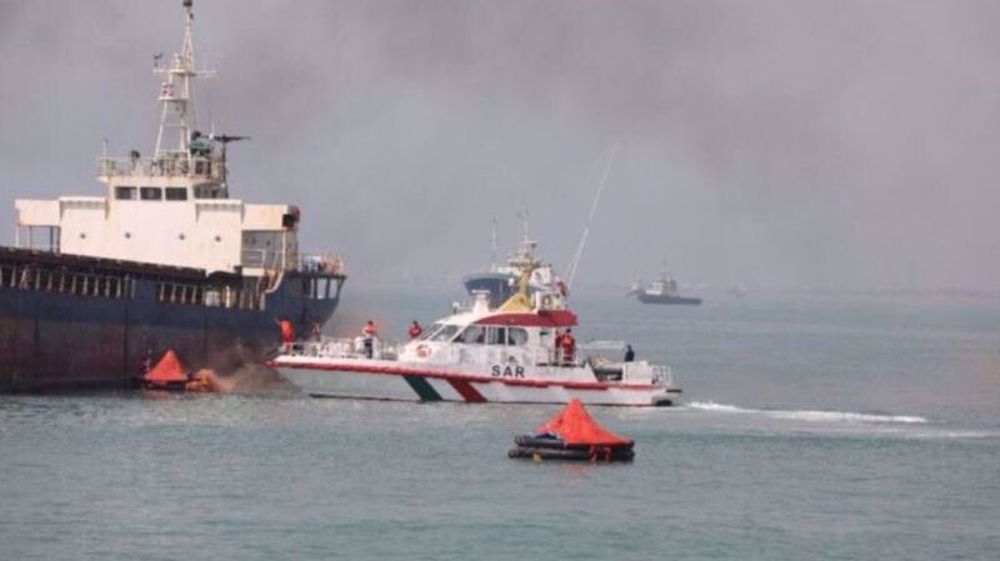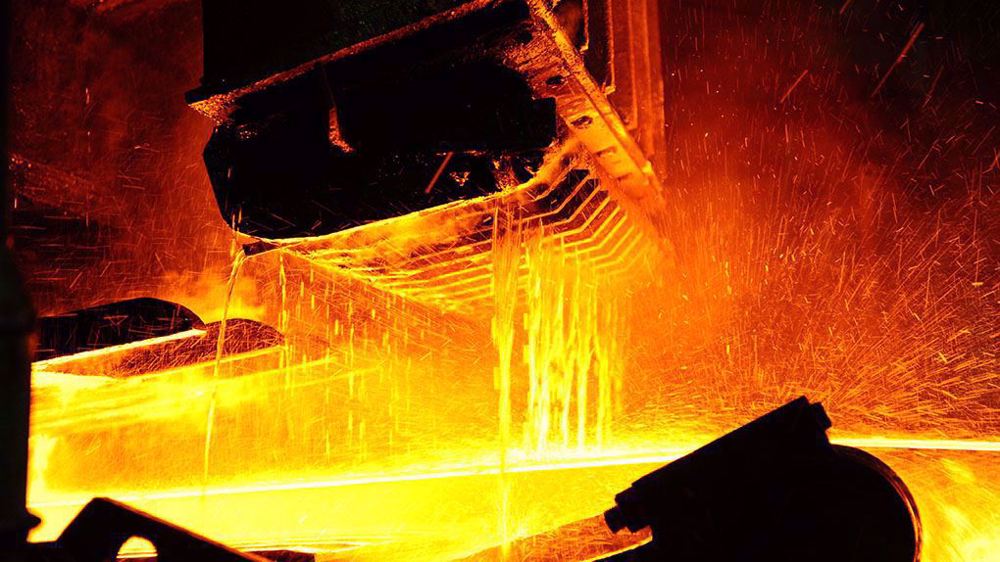Iran expects to buy 6.5 million tonnes of wheat from local farmers
Iran expects its guaranteed purchases of wheat from local farmers to total 6.5 million tonnes this year, a senior agriculture ministry official says.
With the harvest season having just started, the purchases have passed 3 million tonnes, the ministry’s wheat production manager Sohrab Sohrabi told national broadcaster.
“It is predicted that 6.5 million tonnes of wheat will be purchased from local farmers this year,” he said, adding this is 30 percent higher than the guaranteed buys during the similar period a year ago.
Guaranteed purchases of wheat are the key plank of Iran’s self-sufficiency drive in the strategic staple food. However, the former government’s reluctance to raise its prices in accordance with inflation rates dissuaded many wheat growers from selling their produce to the state.
As a result, the Rouhani administration imported more than 3 million tonnes of wheat at a cost of $3.8 billion in 2020.
For the fiscal year of 2021, Iran ran on a shortage of 30 percent which meant the country had to import 5-6 million tonnes of wheat, according to officials.
Iran’s wheat production is forecast at 9 million tonnes this Iranian year ending March 2023 with the government looking at state purchases of 5.5 million tonnes, up from 4.5 million tonnes last year, Alireza Mohajer, an advisor to the agriculture minister, was quoted by official IRNA news agency as saying in April.
The global food market is facing a serious challenge from the ongoing conflict in Ukraine which is the fifth largest exporter of wheat.
Ukraine's nemesis in the current conflict, Russia is the world's largest wheat exporter, accounting for 18% of global shipments. Under Russian quotas, exports from February to June are limited to 8 million tonnes.
Russia and Ukraine which respectively produced 38 million tonnes and 22 million tonnes of global wheat supply last year have reduced their wheat supply by 30 million tonnes this year, leading to a steep rise in prices.
The conflict is likely to contribute to a further 22 percent rise in global food prices after they soared to record levels in February, according to the UN Food and Agriculture Organization.
Economists have warned that the West’s imposition of more sanctions on Russia would intensify the rise in prices for energy and food products, especially wheat.
Some countries have scrambled to find new sources of staples like grain that were heavily exported from Ukraine and Russia before the conflict.
According to the president of the African Development Bank (AfDB), the Russia-Ukraine war has disrupted wheat exports, driving the prices of the staple food up by 60% in Africa.
Officials in many countries, including Iran, are on the watchout for possible smuggling of wheat and other crops. They say keeping an eye on the inventories of strategic commodities especially wheat and fighting smuggling has become more important than before.
There is also need to seriously supervise flour and bread supply and distribution chains, which are always prone to smuggling out of Iran due to state subsidies on basic commodities.
Last month, agriculture minister Javad Sadatinejad said a severe shortage of wheat in one of the neighboring countries, which he did not identify, saying it intends to supply about 3 million tonnes of its wheat deficit by smuggling from Iran.
“Therefore we must be vigilant to protect our national interests," the minister said.
Iranians rally nationwide in support of Operation True Promise
Raeisi: Operation True Promise ‘a necessary response’ to Israel
OIC slams US for blocking Palestine’s bid for full UN membership
US police arrest 108 pro-Palestine protesters at Columbia University
Top commander names four 'historic achievements' of Operation True Promise
VIDEO | Iranian attack and crisis of entity
UN chief: Israel’s war turned Gaza into 'humanitarian hellscape'
Meta's WhatsApp challenged for complicity in Israel’s Gaza genocide











 This makes it easy to access the Press TV website
This makes it easy to access the Press TV website